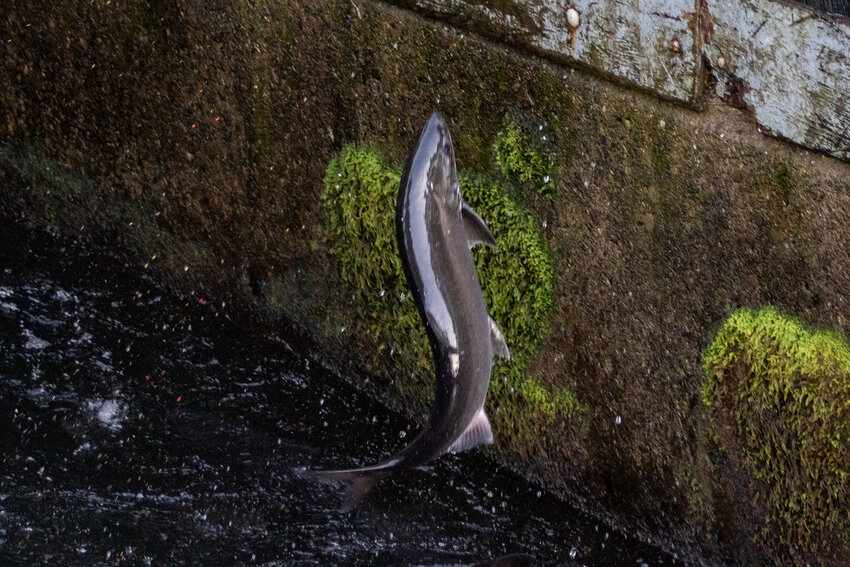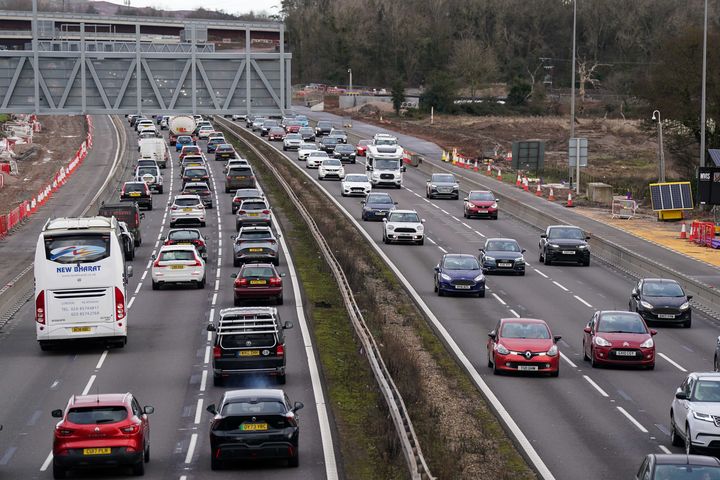
MY COUNTRY HAS just been through a hugely transformative experience. After decades under Assad’s rule, Syria is finally free. This has brought huge relief to many Syrians, but we are also understandably mindful of the perils of what could come in place of the regime.
We are, for now, living in hope. As it stands, Syria still faces huge challenges in relation to the basic needs of many of its population. It was almost 10 years ago, in early 2015, that I had to quit my job as a senior engineer at the power station in Zayzoun — a small corner of rural Idleb in Northwest Syria.

I had worked there for 15 years, but the escalation in the conflict in Syria made it impossible for me to go on. However, it had not become clear yet that things would only get worse in the years to come. Finding somewhere safe to live was not easy.
Due to heavy bombardment, my family and I had to move frequently. We eventually took refuge in a nearby village, renting a small house with four other families. My only option was to seek work on local farms to provide for my children.
We were exhausted, but unaware that this was the beginning of a long journey of suffering. Through those years of chaos, it was clear how the need for basic supplies and clean water was growing in our communities every day. Seeing more and more vulnerable families suffer under conditions of displacement and conflict was difficult.
But I knew that this did not have to be the way. I felt I could do more for my people as someone with expertise in maintaining public service infrastructures. Something that was desperately needed in my community.
So, in 2018, I entered the humanitarian sector as a Water, Sanitation and Hygiene (WASH) Engineer. In Northwest Syria, a region that has borne the brunt of the nearly 14-year-old conflict in our homeland, access to water has been a daily struggle for vulnerable communities. Targeted hits by the warring parties, the devastating 2023 earthquakes, and a lack of resources and capacity to maintain or repair services resulted in hundreds of water stations and the piped networks that brought water into homes becoming inoperable.
When piped water is impacted under conditions of conflict or when disaster strikes, people are left with little choice. Often, communities’ only option for water access is to purchase it from trucks operated by private vendors. This puts a heavy burden on families with already limited resources, and the amount of water they can access is far from enough to meet their needs.
In most cases, the original source of the water is unknown, and there is no guarantee that it is safe for consumption. However, when communities are desperate and left with no other options, they will do what they must to have water. Children, the elderly and chronically ill people are the most affected by unsafe or insufficient water.
Their immune systems are often weaker, putting them at a higher risk of contracting water-borne and other infectious diseases. In the past decade, several outbreaks of such diseases have occurred in Northwest Syria, with cholera and cutaneous leishmaniasis (a parasitic condition that severely damages the skin, mouth and nose) becoming widespread. This situation is especially dire among camp-based populations, who endure life in worn-out tents that offer little protection.
The conventional humanitarian solution to this problem is for aid agencies to manage the delivery of trucked water. This can ensure safe and affordable water distribution to vulnerable communities as humanitarians establish systems for sterilising the water that is delivered in trucks as well as for meeting the costs of delivery. However, it is rarely a sustainable way to address the challenge of accessing water under conditions of conflict or disaster — especially when the crisis becomes protracted, as has unfortunately been the case in Syria.
Groundwater levels in Northwest Syria have fallen significantly due to overuse, as the number of unregulated wells — which serve as the primary source of trucked water — has increased. Farmers have had no other option but to dig private wells in their lands to irrigate their crops, further depleting reserves. Recent changes in climate patterns, with droughts becoming more and more frequent, have not helped the fragile situation.
Since 2014, GOAL has supported the repair, maintenance and operation of water stations in Idleb in Northwest Syria. In the last five years, we extended this support to Northern Aleppo, an area that received hundreds of thousands of displaced people fleeing the attacks on Idleb in 2020. We currently assist nearly 800,000 people in regularly accessing clean piped water through this support, made possible by continued humanitarian funding from the European Union and other international donors.
Despite the challenges of operating water stations and networks in conflict conditions, focusing our efforts on supporting piped water provision to households instead of relying on water trucking has allowed GOAL to achieve more sustainable results. Ensuring that generator fuel and spare parts were available for the supported water stations has involved a complicated logistics mechanism, using cross-border transport lines that were not always reliable. Connecting some of these water stations to electricity, made available only recently in Northwest Syria, and installing solar power at water stations serving smaller catchment populations helped us better address this additional layer of complexity.
The guidance and training we provided to local contractors working at the water stations made it possible for piped water services to remain operational through escalations in the conflict as well as the Covid-19 pandemic — periods during which most humanitarian operations had to be temporarily suspended. This has ultimately strengthened the local system’s ability to provide and maintain water independently. Now, hope is emerging that the conflict that has engulfed our homeland for so long is on a path to resolution.
I look forward to seeing the transfer of the operation of the water stations we have supported to a public civilian administration. To have lived to see this handover through will be the high point of both my career in engineering and my work as a humanitarian. My family have supported me over the last decade and has been the main force keeping me going after I had to leave them in Idleb to come to Northern Aleppo and help establish GOAL’s WASH operations here.
The day I can return to my village with them will be the high point of my life as a Syrian. I long for that day..











